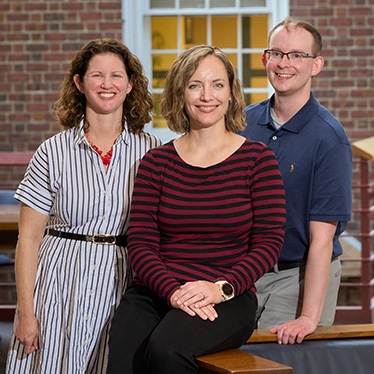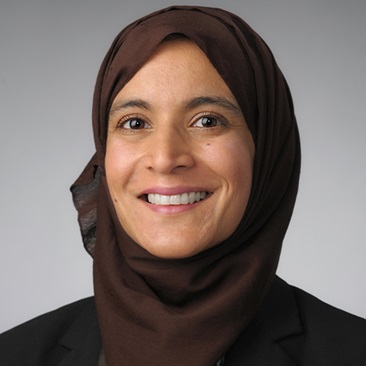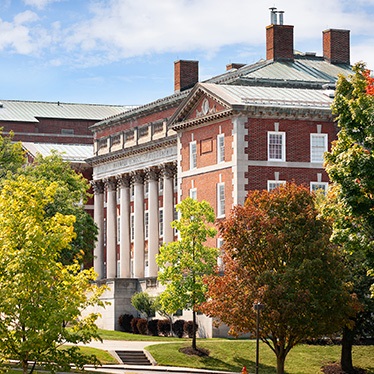NSF Awards $750K for Research Project Examining Electric Vehicles’ Impact
September 7, 2022
Maxwell School Faculty Member Saba Siddiki is the co-principal investigator for the project.
How might the widespread adoption of electric vehicles impact those who continue to use gas-powered vehicles—in particular, those in low- to moderate-income communities?
That’s among the questions that will be examined in a research project by Maxwell School faculty member Saba Siddiki and a team from George Mason University. They have just been awarded $750,000 from the National Science Foundation.
Siddiki, associate professor of public administration and international affairs and Chapple Family Professor of Citizenship and Democracy, is co-principal investigator on the project, titled “Strengthening American Electricity Infrastructure for an Electric Vehicle Future: An Energy Justice Approach.”
She and fellow researchers will integrate social and techno-engineering approaches to holistically assess and help mitigate energy injustice introduced by a transition to electric vehicles. “While the widespread adoption of electric vehicles is seen as a key strategy to curb carbon emissions, reduce air pollution and improve public health,” says Siddiki, “existing research has not shown how it may contribute to energy injustice and widen existing equity gaps.”
She says her research team hopes to develop an energy justice framework mapped to an “electric vehicle future” and to formulate metrics to guide qualitative and quantitative assessments of energy justice associated with the electric vehicle transition.
“The framework specifically supports assessments of impacts on non-electric vehicle users, particularly those who may otherwise bear disproportionate costs for electricity infrastructure upgrades and electricity consumption surges,” she adds.
The NSF funding was awarded through its Strengthening American Infrastructure Program. More than $8 million in research awards were recently announced to support the examination of flood mitigation measures, rural transportation systems and pharmaceutical supply chains.
“This research is important for using empirical evidence to evaluate how policy can impact different communities in varied ways and with potentially unintended consequences,” says Maxwell School Dean David M. Van Slyke. “Professor Siddiki’s intellectual leadership to use evidence to understand policy impacts on equity, access and fairness in areas of technological innovation is critical for understanding such impacts before efforts to scale implementation. This is the type of scholarship and public impact research that Maxwell scholars are known for, and this award is a positive testament to the relevance of Professor Siddiki’s research program.”
Siddiki joined the Maxwell School in 2017. Her research examines the designs of institutions that communities use to solve public problems and how governments engage non-governmental organizations and citizens in public problem solving, policy design and policy implementation.
She is the director of Maxwell’s master of public administration program and is the founding director of the new Center for Policy Design and Governance, the Computational Institutional Science Lab and the Institutional Grammar Research Initiative. She earned a Ph.D. in public affairs from the University of Colorado in 2011.
Published in the Fall 2022 issue of the Maxwell Perspective
Related News
School News

Nov 25, 2025
School News

Oct 16, 2025
School News

Sep 30, 2025

